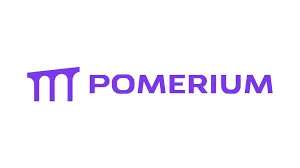
Identity- and context-aware access layer that protects internal services and APIs with zero-trust, per-request authorization—without VPNs or static tokens.
Vendor
Pomerium
Company Website
Secure Service Access by Pomerium enables organizations to control and audit service-to-service and third-party access to internal APIs, Kubernetes, and multi-cloud environments using centralized, human-readable policies. Instead of relying on shared credentials, long-lived tokens, or perimeter VPNs, Pomerium authenticates services via service accounts or workload identities and evaluates every request against identity and context (e.g., tenant, environment, route). The result is granular, least-privilege access that reduces lateral movement risk, prevents data leakage in multi-tenant architectures, and simplifies compliance with detailed, centralized logging. The platform is protocol-native at the ingress layer, avoiding sidecars or SSH tunnels, and can be self-hosted or deployed in hybrid mode so traffic and logs remain under organizational control. Security and engineering teams benefit from consistent authentication across clouds, easier auditing, and scalable policy management that replaces brittle IP allowlists and hardcoded credentials. Key Features & Benefits:
- Centralized access control: Unifies policy enforcement across clouds and infrastructures for consistent protection of internal APIs.
- Identity- and context-aware auth: Uses service accounts or workload identity; evaluates policies per request to enforce least privilege.
- Eliminate static credentials: Replaces long-lived tokens, kubeconfigs, and shared secrets with short-lived, scoped access.
- Protocol-native ingress: Secures Kubernetes APIs and internal services at the gateway—no sidecars, tunnels, or SSH proxies.
- Multi-tenant precision: Route- and tenant-aware rules prevent misrouted requests and reduce data leakage risk.
- Simplified auditing: Centralized, per-request logs capture user/service actions for compliance and incident response.
- Self-hosted or hybrid deployment: Keeps traffic and logs within the organization for full data and policy control.
- Scalable, human-readable policies: Reduce complexity versus manual RBAC and IP-based rules; easier to manage at scale.